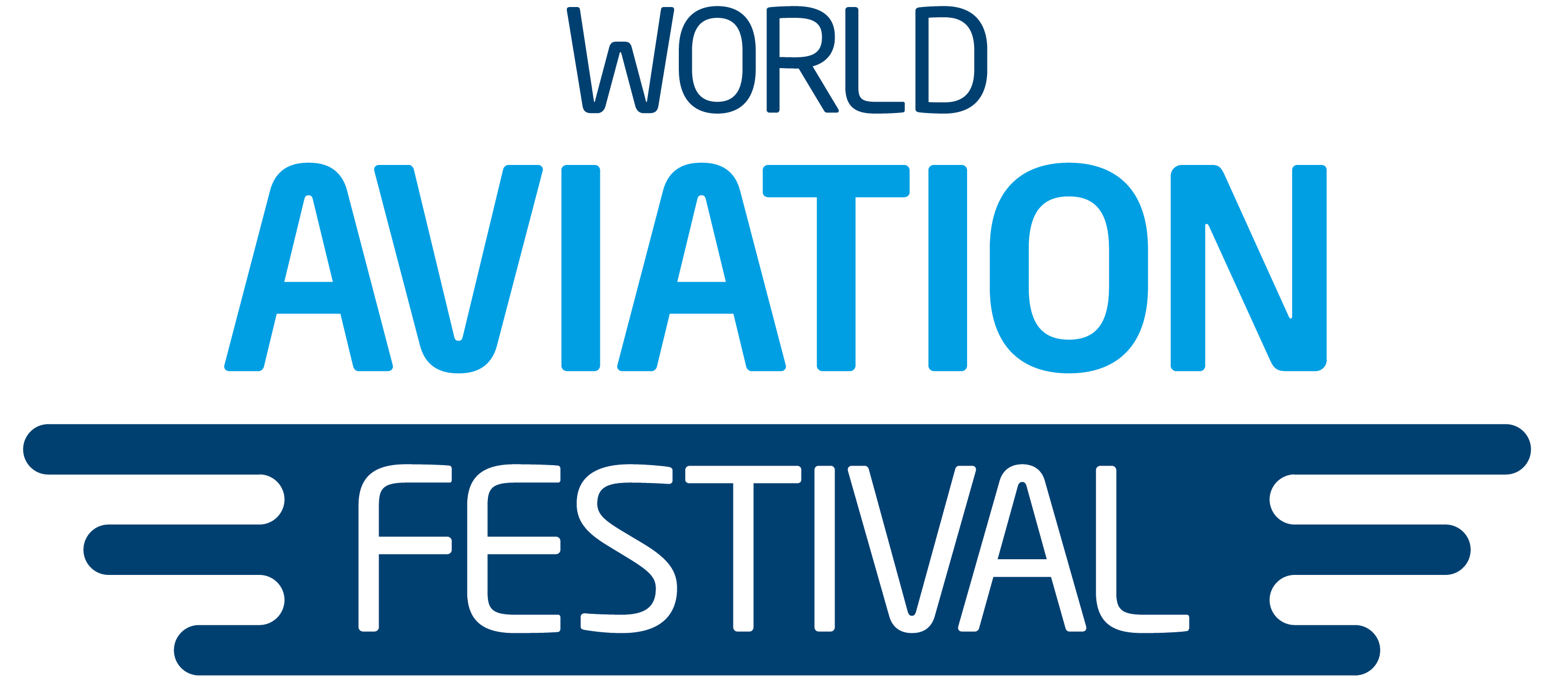According to the latest Global Passenger Survey (GPS) published by the International Air Transport Association, passengers welcome the efficiencies of biometric identification at control checkpoints.
The survey results of 13,579 participants from 186 countries show that passengers want to spend less time queuing and would want to use biometric identification if it expedites travel processes.
“Passengers have spoken and want technology to work harder, so they spend less time ‘being processed’ or standing in queues. And they are willing to use biometric data if it delivers this result,” said Nick Careen, IATA’s Senior Vice President for Operations, Safety and Security. “Before traffic ramps-up, we have a window of opportunity to ensure a smooth return to travel post-pandemic and deliver long-term efficiency improvements for passengers, airlines, airports and governments.”
Biometric Identification
The notion of using biometrics as a form of identification has had a significant lift in acceptance.
- 73% of passengers are willing to share their biometric data to improve airport processes (up from 46% in 2019).
- 88% will share immigration information (including health questionnaires) before departure to expedite processing.
- 51% would be willing to share their biometric data with partners, including hotels, car rental companies, if it helps to facilitate their onward journey.
Part of that increase may be attributable to the successful technology roll-out thus far.
- 36% have experienced using biometric data when travelling.
- 86% of those who have used biometric data to travel were satisfied with the experience.
The top three touchpoints where passengers welcome the ease of biometric identity are:
- 51% Entry Immigration
- 47% Exit Immigration
- 34% Security check
These coincide somewhat with the current low touchpoints in passenger satisfaction during the journey. Border control immigration is the lowest rated satisfaction touchpoint (62%). Security satisfaction rates were slightly higher at 71%, topping transfers (68% satisfied) and baggage collection (69% satisfied).
However, passengers still care about the security of their biometric data.
- 56% of those surveyed indicated some level of concern about data breaches.
- 52% of passengers want clarity on who their data is being shared with
- 51% want to know how their biometric data is used/processed
Less time spent at the airport
Passengers still want to cut short the time they spend at the airport, the survey reveals.
- 69% said that when they are travelling only with carry-on luggage, they would like to get through the airport process in under 30 minutes
- 73% said that they would like to get through the process in under 45 minutes when they travel with carry-on and check-in baggage.
- 85% of passengers want to spend less than 45 mins on processes at the airport if they are travelling with only hand luggage.
- 90% of passengers want to spend less than one hour on processes at the airport when travelling with a checked bag.
Passengers may still welcome time spent enjoying the airport’s facilities and concessions, but they would rather cut through the stress-inducing parts of the journey and get to the pleasurable ones.
Overall, queues are unpopular, which should surprise no one who has ever stood in a queue.
- 55% of passengers identified queuing at boarding as a top area for improvement.
- 41% of passengers identified queuing at security screening as a top priority for improvement.
- 38% of passengers identified queuing time at border control/immigration as a top area for improvement.
- 54% want to see queuing cut down at boarding time, and 29% expressed dissatisfaction with queueing in the jet bridge.
With the lifting of travel restrictions around the globe, as airlines ramp up to reopening, this is a particular area of concern. The new travel requirements may exacerbate queuing.
“With additional document checks for COVID-19, processing time at airports is taking longer,” IATA explains. “Pre-COVID-19, the average passengers spent 1.5 hours in travel processes (check-in, security, border control, customs, and baggage claim). Current data indicates that airport processing times have ballooned to 3 hours during peak time, with travel volumes at only about 30% of pre-COVID-19 levels. The greatest increases are at check-in and border control (emigration and immigration) where travel health credentials are being checked mainly as paper documents.”
Solutions to congestion
IATA touts two mature programs underway, working with industry stakeholders to give travellers the expedited air travel experience they crave. These can also avoid airport crowding, as passengers return to flying under new COVID-19 related travel protocols, cutting queues and reducing the risk of airport congestion brought about by new document check requirements.
- IATA Travel Pass app can handle the complex mix of travel health credentials that governments require. It gives passengers a safe and secure way to check the requirements for their journey. They can get test results, scan their vaccine certificates, verify that these meet the destination and transit requirements, and share the information effortlessly with health officials and airlines before departure and when using e-gates.

- The One ID initiative will help the airline industry advance so passengers can move from curb to gate using a single biometric travel token such as a face, fingerprint or iris scan. It will require government acceptance of digital biometric credentials, a process that is still ongoing.

As IATA’s Careen points out: “We cannot just revert to how things were in 2019 and expect our customers to be satisfied. Pre-pandemic, we were preparing to take self-service to the next level with One ID. The crisis makes its twin promises of efficiency and cost-savings even more urgent. And we absolutely need technologies like IATA Travel Pass to re-enable self-service, or the recovery will be overwhelmed by paper document checks. The GPS results are yet another proof point that change is needed.”






